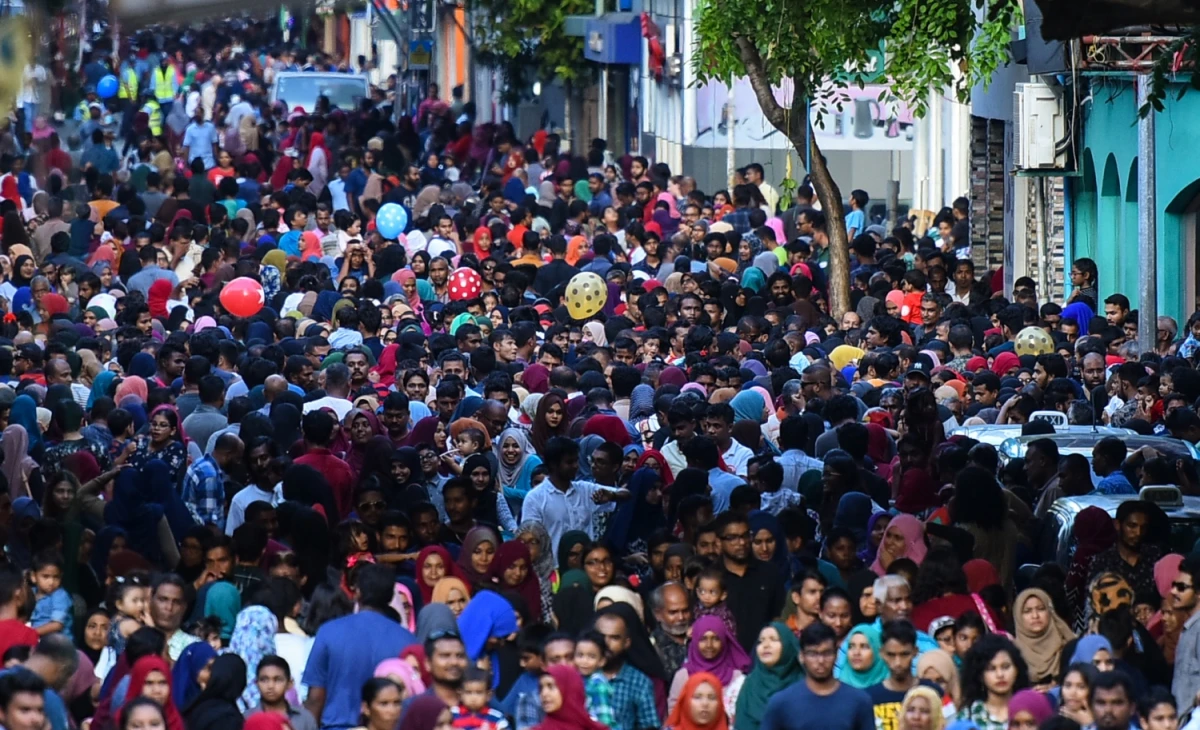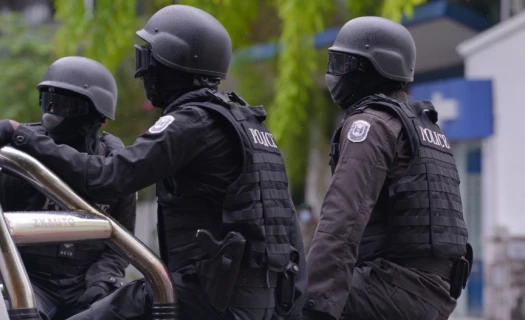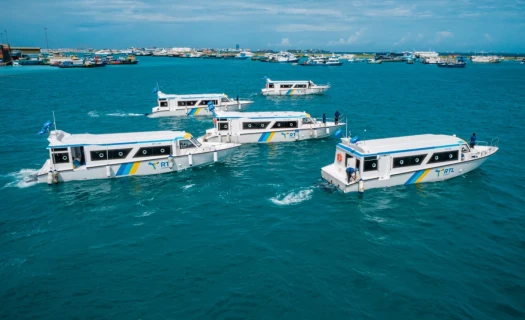Sat, 07 Feb 2026
|DHIVEHI
Public Referendum Bill: Decision-making returned to the people
01 Oct 2025
|

Crowd during 2020 Independence Day celebration --- Photo: Hussain Waheed
Democracy rests on the participation of the people. It is commonly practised in two ways. Direct democracy allows citizens to vote on specific questions themselves; representative democracy entrusts elected officials to decide on the public’s behalf. The Maldives predominantly follows the latter: the President, elected every five years, leads foreign policy and national security, manages the economy, delivers services and development; the People’s Majlis, elected by voters, legislates and approves the State budget. This framework has provided continuity of governance while vesting day-to-day decision-making in representatives.
Yet for much of the multi-party era, citizens have lacked a clear legal avenue to be directly consulted on major questions. Seventeen years after the 2008 Constitution came into force, there remained no statute detailing when and how a nationwide vote of the people should occur. In practice, successive administrations governed largely through representative channels, with limited recourse to formal, rules-based popular consultation.
The Public Referendum Bill fills that gap. It establishes when a referendum must be held and how it will be conducted, placing direct public decision-making on a clear legal footing. The law provides for a vote of the people on key constitutional matters, including those affecting the fundamental rights and freedoms, the composition and term of the People’s Majlis, the term of the President, the manner of electing the President, and any issue relating to the territory of the Maldives.
Beyond constitutional amendments, the Act empowers both elected branches to seek the people’s view on significant national questions. The People’s Majlis may resolve to hold a referendum on matters within its authority. The President may also call a referendum if public input is needed to inform an important legal or policy decision. Where appropriate, the President may seek the opinion of residents of a particular region on a region-specific matter, allowing targeted consultation without a nationwide poll.
The law sets out credible, transparent procedures. If the Majlis initiates a referendum, it prepares the question paper; if the President calls one, the paper is drafted in consultation with the Cabinet. The Elections Commission must publish the question at least 21 days before polling and ensure wide availability through local councils on all inhabited islands. A campaign period of no less than 45 days and no more than 90 days is mandated, creating time for voter education and robust debate. Political parties, civil society organisations and individual citizens are expressly permitted to campaign, ensuring voters hear diverse arguments before making a choice.
In essence, the Public Referendum Bill moves the Maldives from ad hoc consultation to a rules-based, participatory system for settling major questions. It preserves the strengths of representative government while giving citizens a direct voice when constitutional principles, institutional design, or territorial matters are at stake. By codifying triggers, authorities, timelines and open campaigning, the law aims to deepen public deliberation, and place decisive power, where appropriate, back in the hands of the people.








